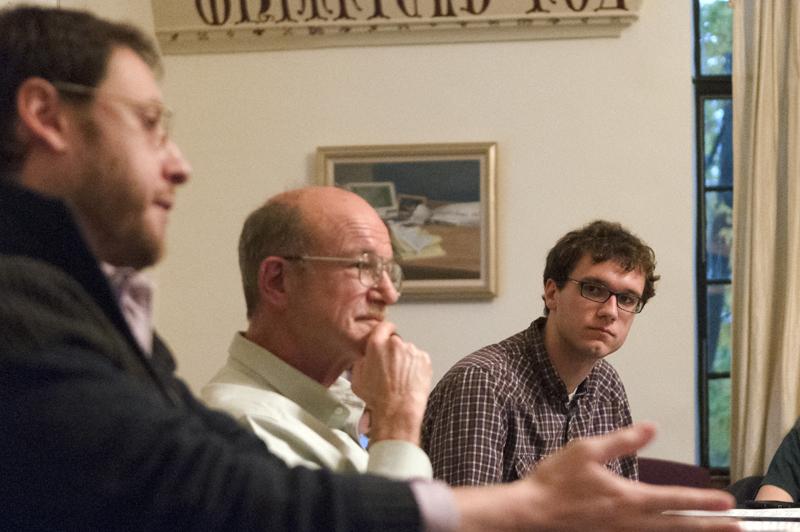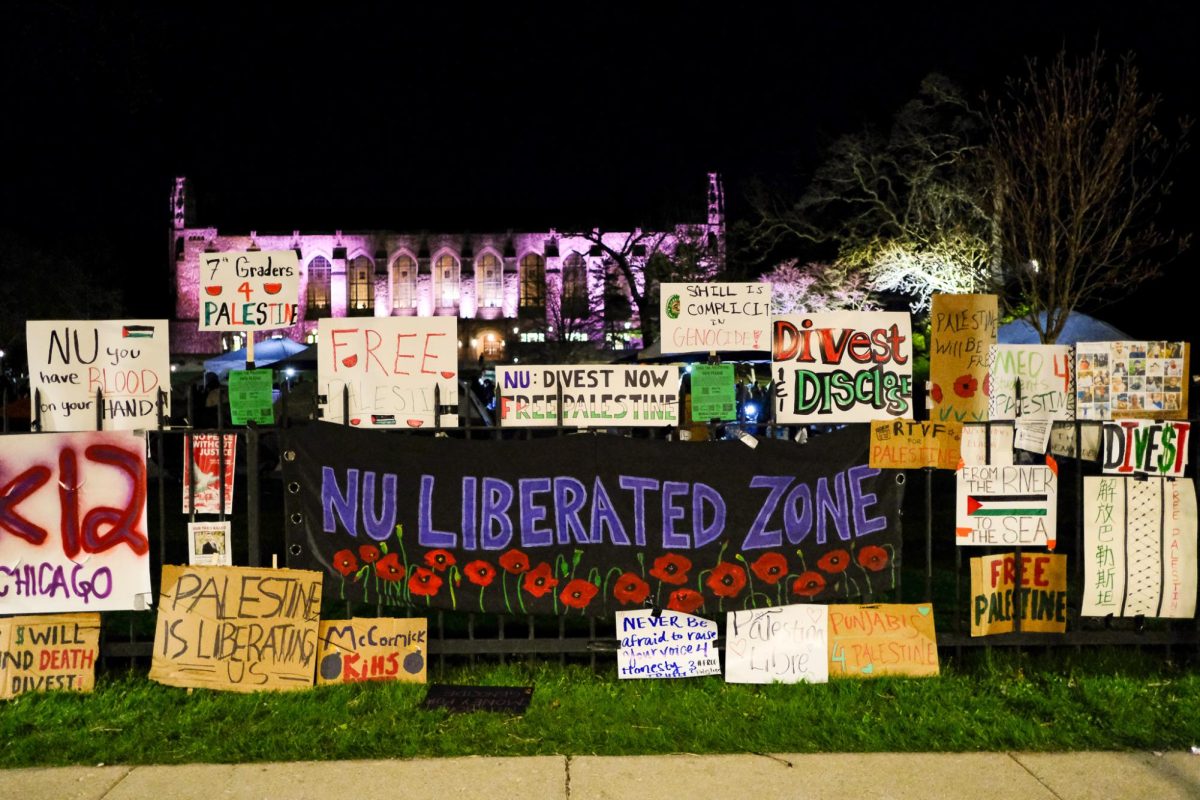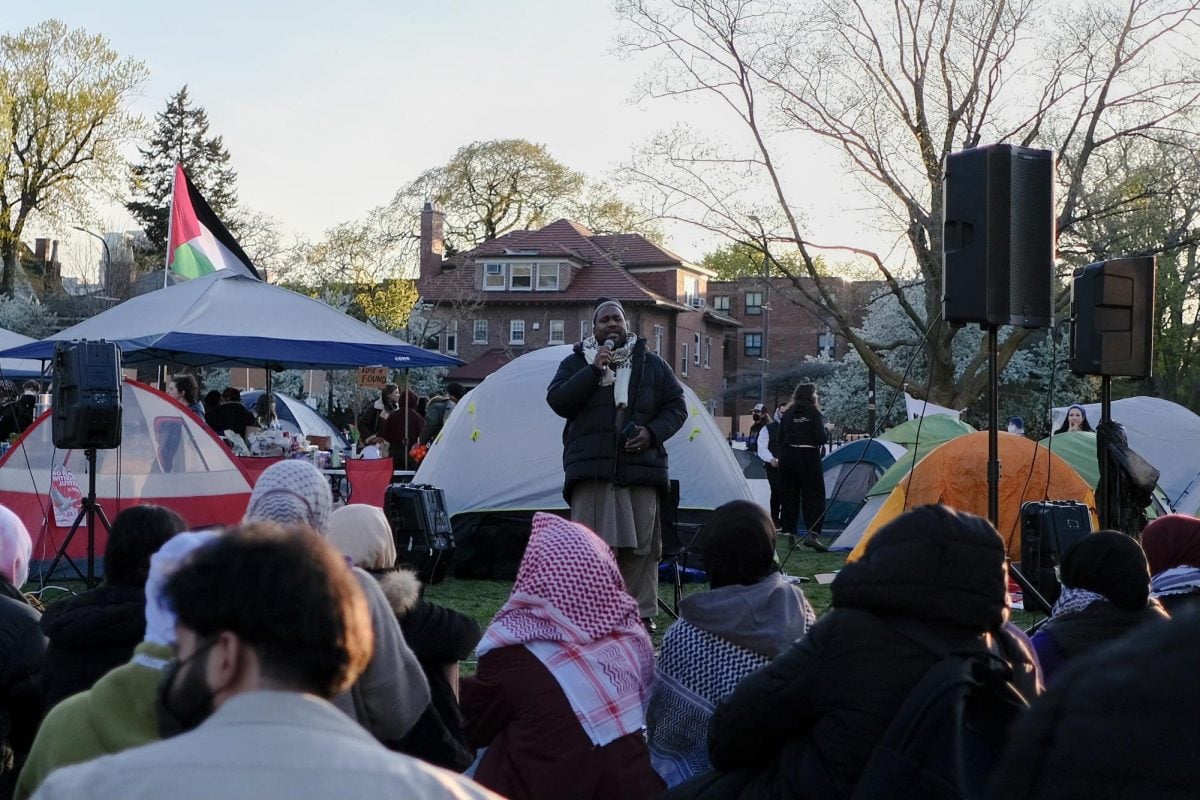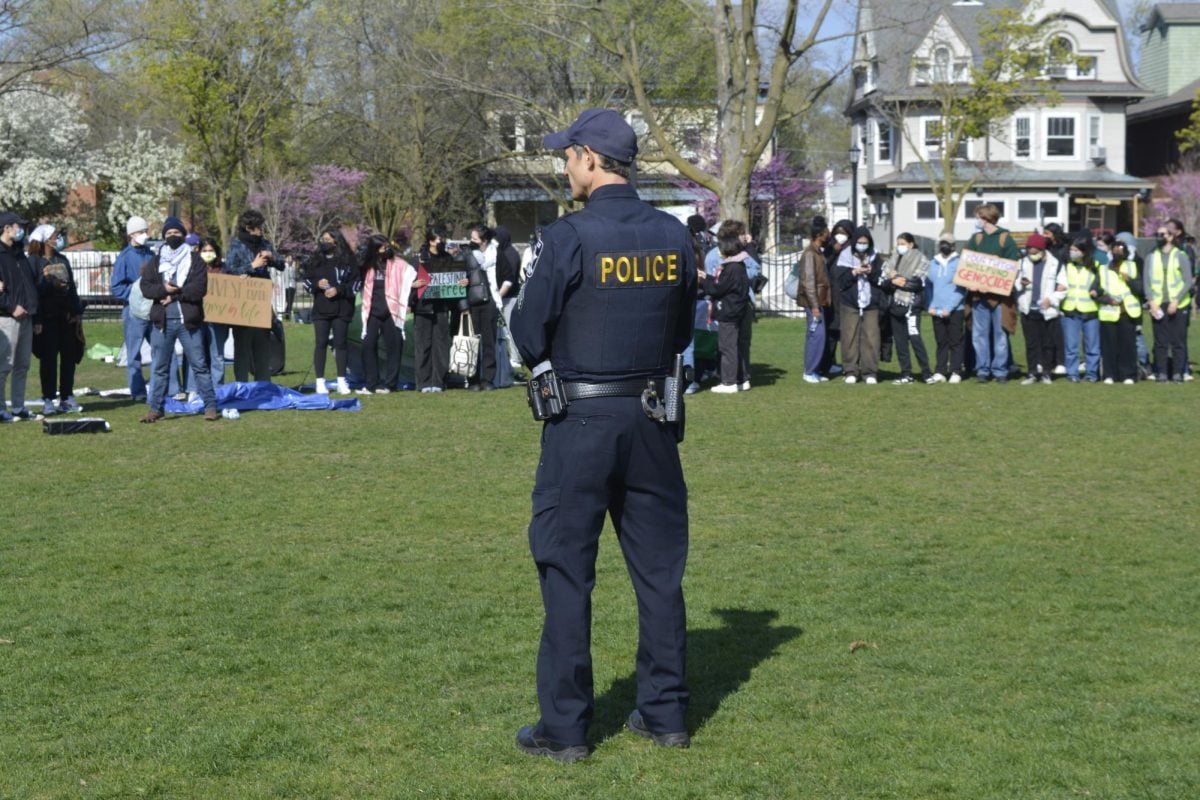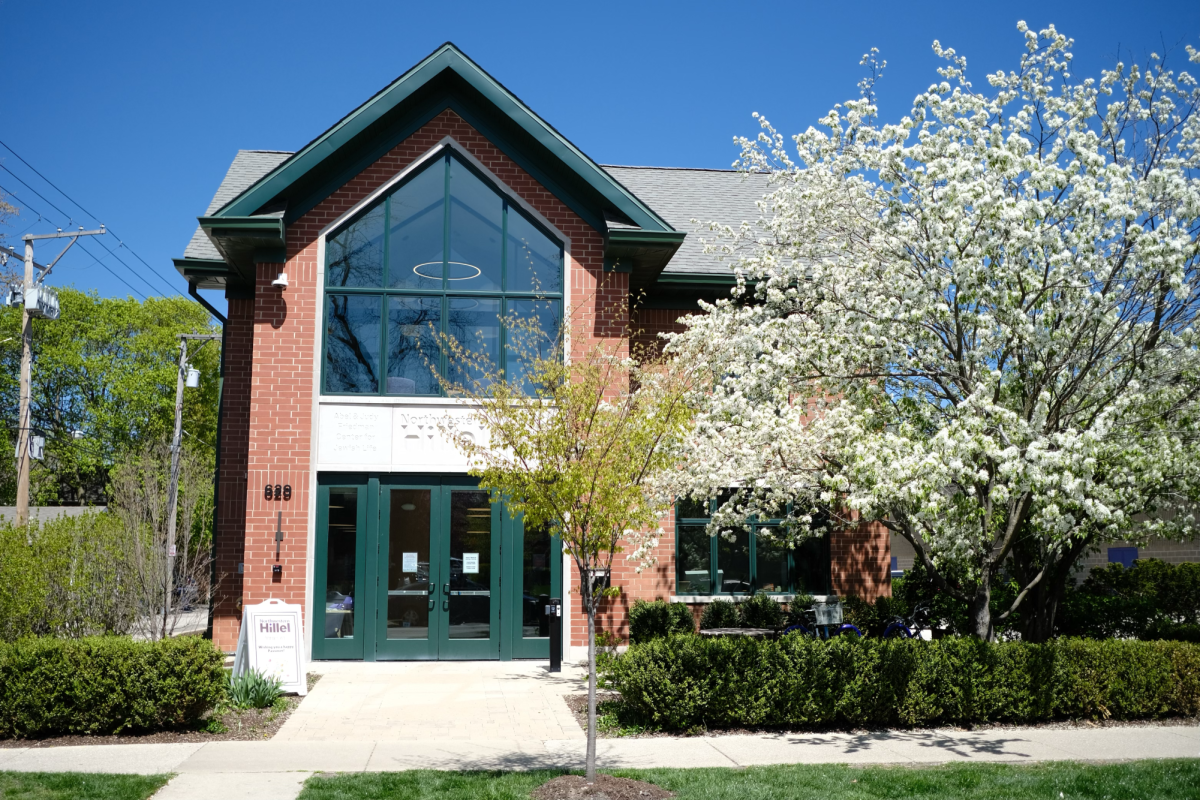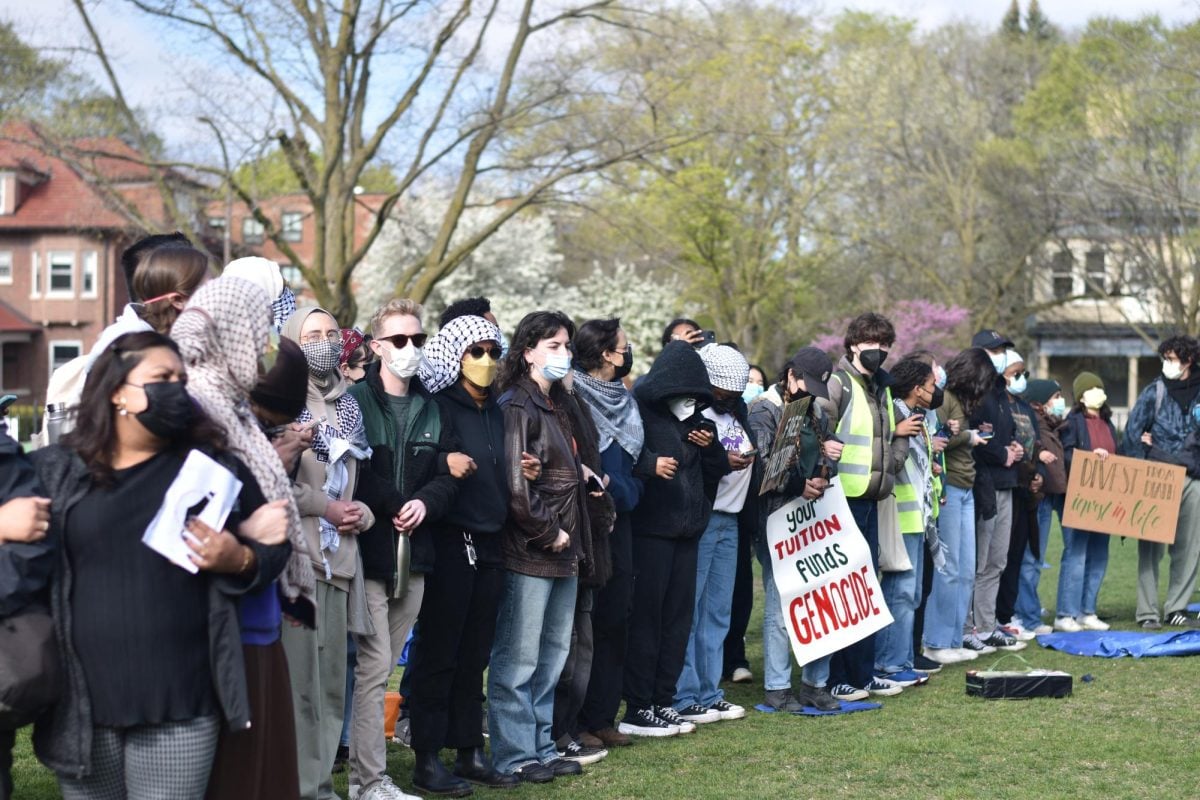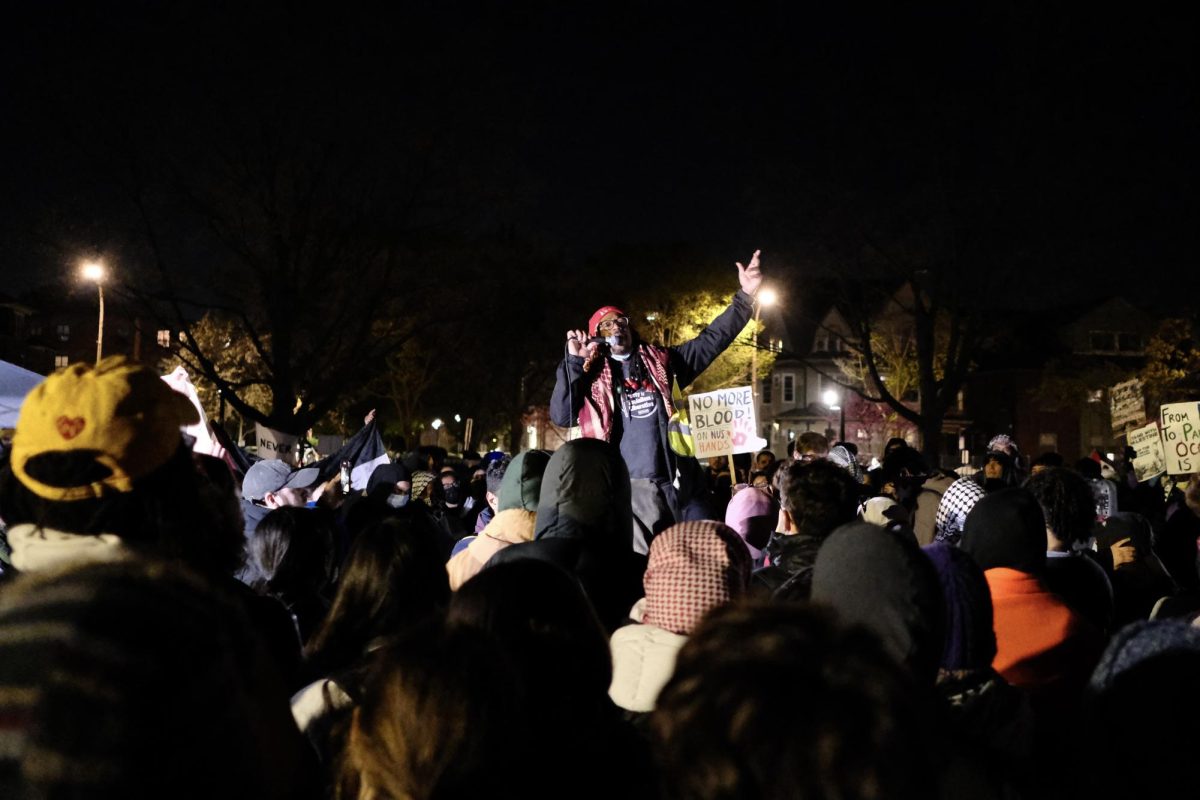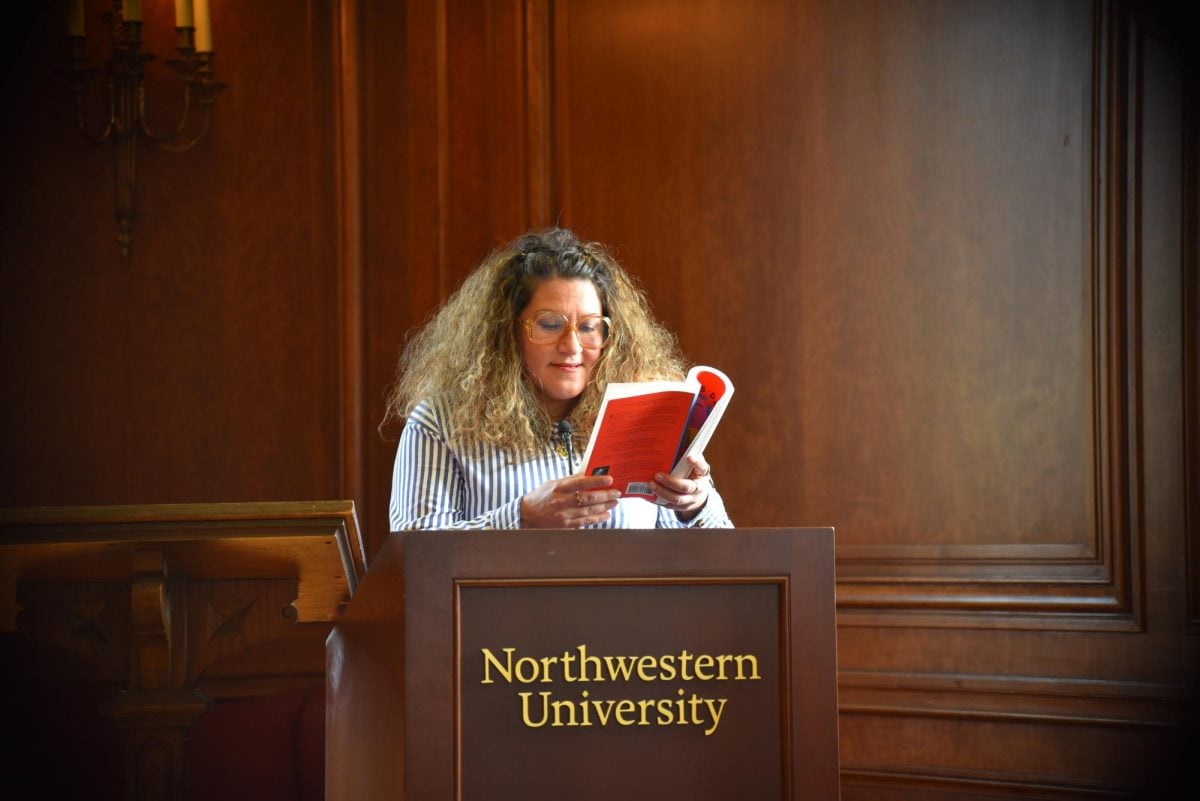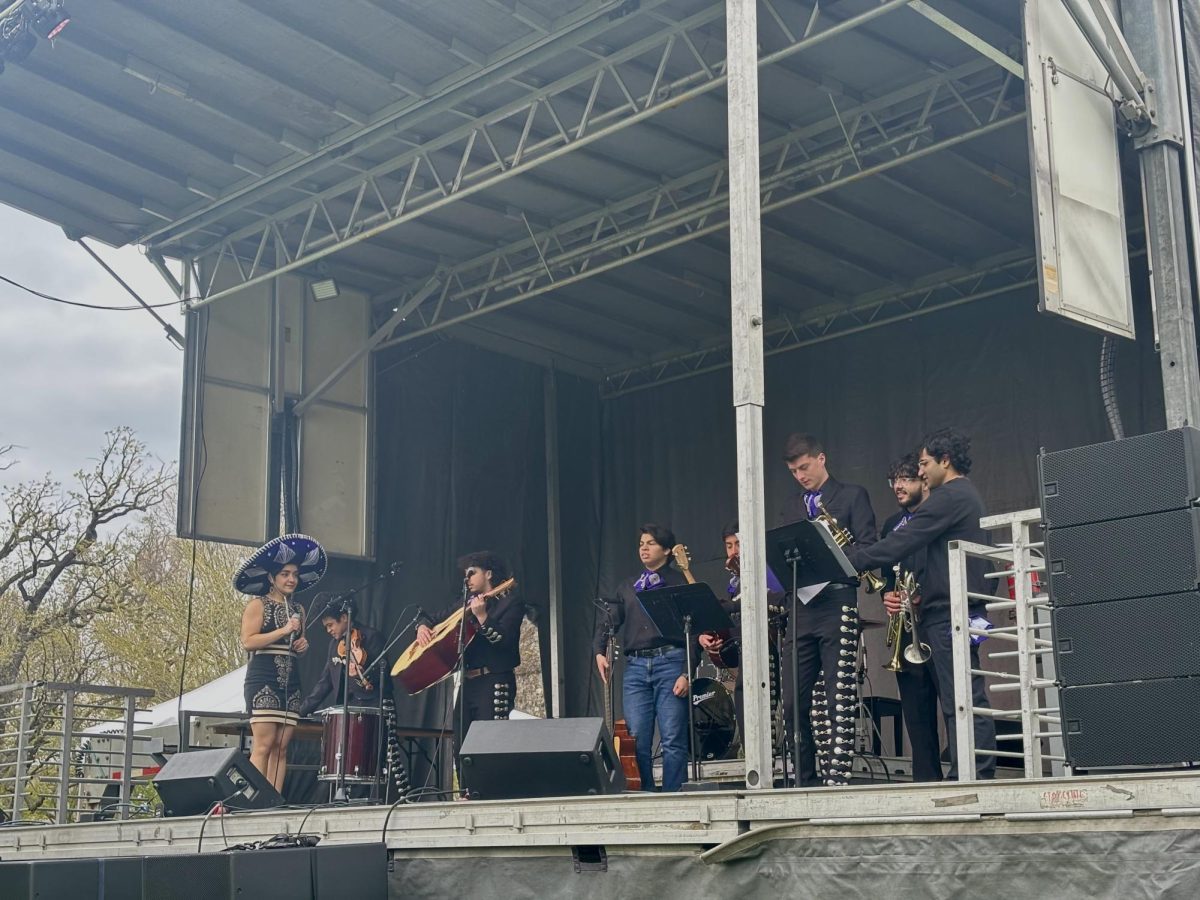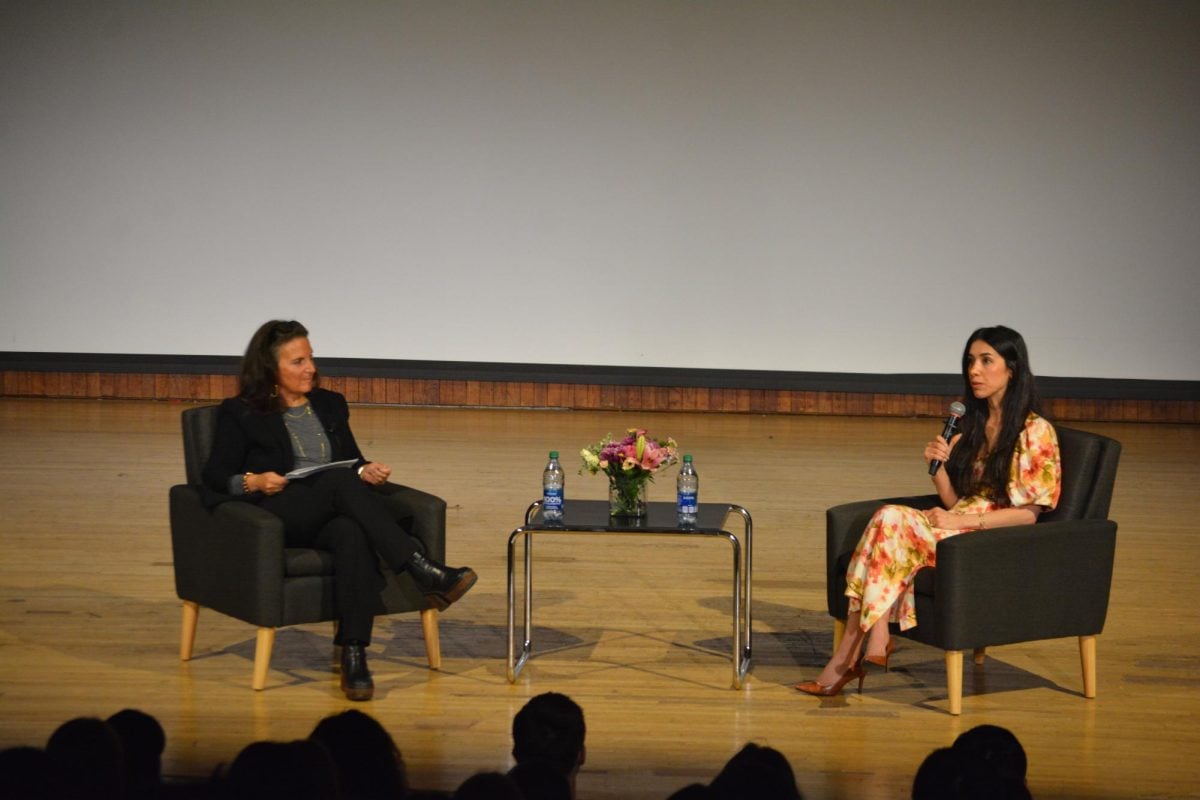During the 2008 war between Russia and Georgia, American media on both ends of the spectrum placed the blame on Russia even when Georgia provoked the conflict, two professors suggested at a discussion Monday.
As part of a talk hosted by Politics & Policy, history Prof. John Bushnell and political science Prof. Jordan Gans-Morse said that when the United States makes headlines, Russians take it as an opportunity to proclaim their superiority. The professors said this back-and-forth discourse demonstrates that competition between the former Cold War foes still exists.
“Any chance that (the Russians) can get to make the U.S. look bad, feel bad, that’s a lot of fun for them,” Gans-Morse said. “I would say that the ‘schadenfreude’ goes all the way in society. It’s not just the elites, but anybody who can follow news and see Russia get the better of the United States — they love it.”
Bushnell added Russians get “very worked up” when they feel American media are bullying them.
“It’s like ‘Miracle on Ice’ backward,” Bushnell said.
The two professors discussed a wide range of Russia-related topics at the event in Scott Hall. Moderated by Donald Gross, the student publication’s editor-in-chief, the discussion attracted more than 30 students.
Gross said the group has held similar events in the past on topics such as immigration, South Korea and North Korea. He said they decided to discuss Russia to increase campus awareness, particularly in light of geopolitical issues surrounding the Olympic Games scheduled to take place in Sochi, Russia, in February.
“We realize, in general, people kind of don’t know what Russia is. Most people’s interactions with (Russia) may be crazy videos on Reddit,” the SESP senior said. “So we looked at it as this could be somewhere we could make an impact on campus about what people know about this situation.”
Although the controversy surrounding the upcoming Olympics was not discussed, Gross said he was satisfied with the turnout and participation at the event. He said he was most interested by the discussion of the 2008 conflict, particularly seeing Gans-Morse and Bushnell agree that the media coverage of the conflict was flawed.
“Before, they kind of had two separate paths on things, so it was interesting to see them agree so concretely on one issue,” Gross said.
The professors both said that the media coverage of the crisis was anti-Russian.
“U.S. coverage of the war in Georgia was the worst media coverage of the last decade, short of what happened before Iraq,” Gans-Morse said. “I mean in terms of just not giving a balanced sense of a story. It was atrocious.”
Weinberg freshman Howard Berkowitz said his plans on double majoring in political science and Russian drew him to the event. He said he enjoyed learning about the broad range of topics that the professors discussed.
“I thought they had a good range of interesting topics and they described individual scenarios like the Pussy Riot versus general policy towards isolationism and expansionism,” he said. “I know more about current Russian politics, so learning about 2008 with the Georgia and Russian conflict was interesting and comparing it with the Chechnya conflict.”
Email: [email protected]
Twitter: @tylerpager

